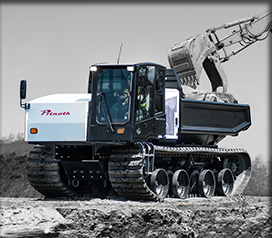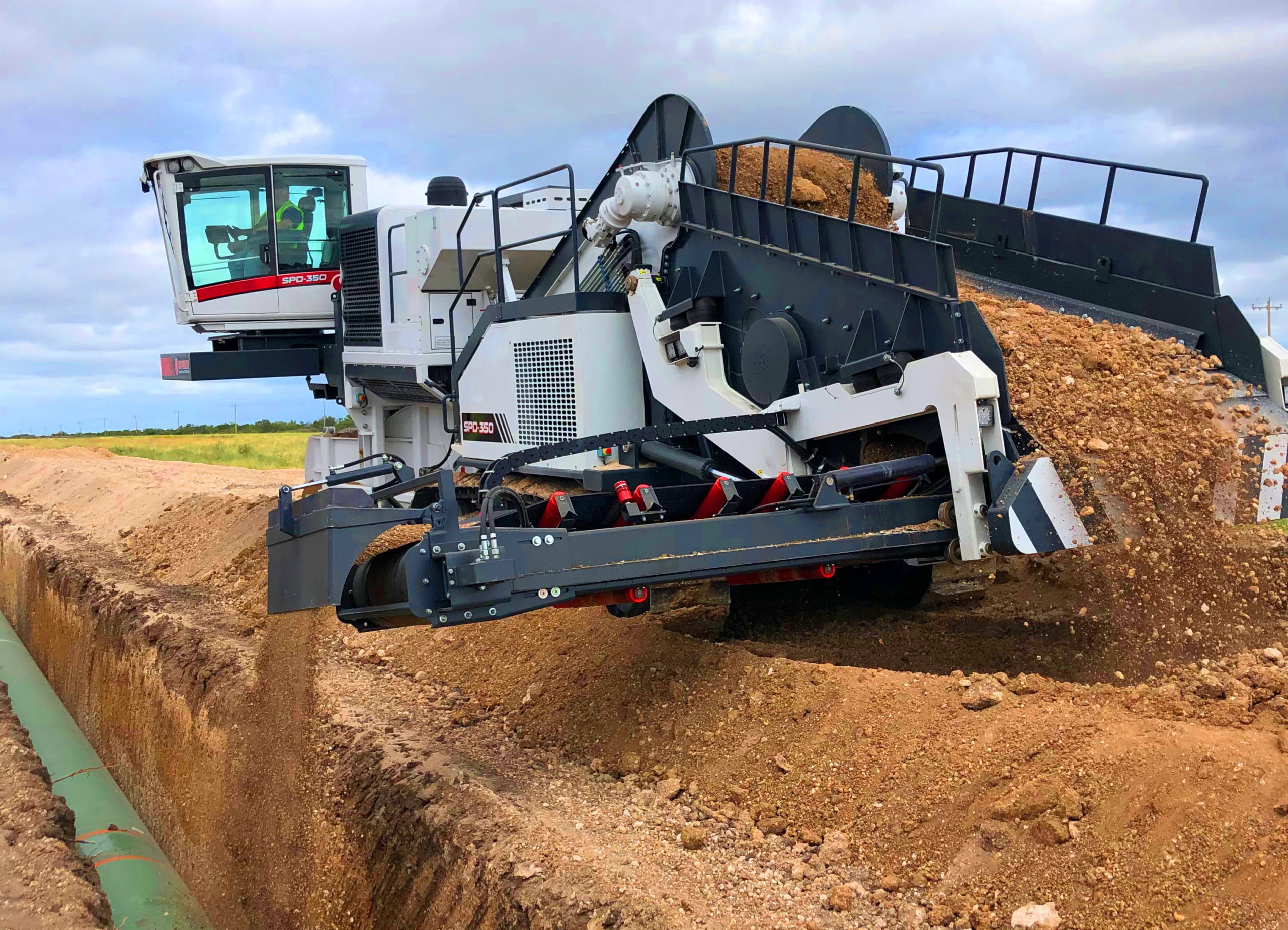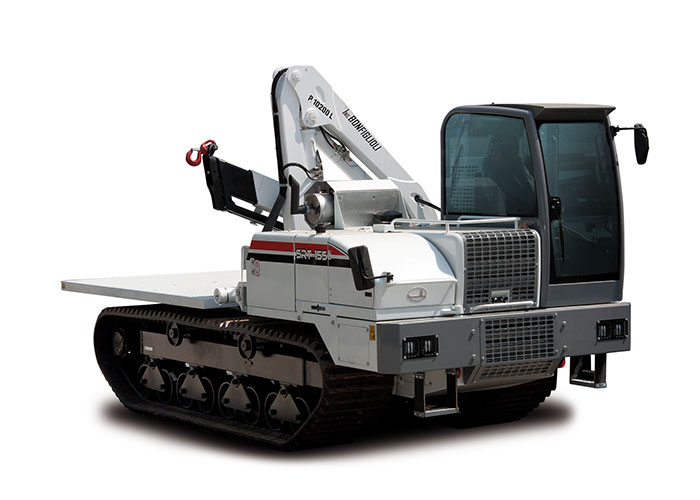Superior Rentals midland: local company profile for energy operators
Wiki Article
A Comprehensive Overview to the Numerous Kinds Of Oil Field Equipment and Pipeline Equipment Available
The oil and gas sector depends heavily on customized devices for effective extraction and transportation. Numerous kinds of machinery, from piercing rigs to storage space containers, play important duties in this complicated procedure. Each tool offers distinctive features that add to overall operational success. Recognizing these components is necessary for anyone involved in the industry. As the market progresses, so also do the modern technologies that sustain it. What advancements are on the horizon?
Drilling Rigs: The Backbone of Oil Expedition
Drilling rigs act as the important machinery in the domain name of oil exploration, making it possible for business to access hydrocarbon gets buried deep under the Earth's surface area. These rigs are available in various kinds, including land rigs, offshore rigs, and mobile devices, each developed to run in particular environments. Furnished with advanced innovation, drilling rigs can permeate geological formations with precision, ensuring effective source extraction. The architectural integrity and operational capacities of these rigs are vital, as they must stand up to extreme conditions and substantial pressures. Additionally, the choice of a boring gear impacts the general task cost and timeline, making it a crucial factor to consider for oil companies seeking to maximize their expedition efforts and make best use of performance in their procedures.Pumps: Vital for Liquid Activity
In the oil removal procedure, the role of pumps is significant, helping with the motion of liquids throughout numerous phases of manufacturing. Pumps are essential for delivering unrefined oil, water, and various other liquids from underground tanks to the surface and after that with pipes to refineries. They are available in different kinds, consisting of centrifugal, favorable variation, and completely submersible pumps, each offering details purposes based on the fluid qualities and operational requirements. Centrifugal pumps are commonly used for their effectiveness in high-flow applications, while positive displacement pumps master dealing with viscous liquids. The selection of pump influences overall performance, functional security, and maintenance costs. Correct option and maintenance of pumps are important for optimizing manufacturing and minimizing downtime in oil area procedures.Valves: Managing Flow and Pressure

Valves play a vital role in taking care of the flow and stress of fluids within oil fields and pipes. Various kinds of shutoffs serve unique applications, each designed to fulfill specific functions basic for efficient operation - Superior Rentals fusion machines. Understanding the attributes and usages of these valves is vital for maximizing system efficiency and safety and security
Types of Valves
Necessary components in oil area operations, shutoffs play an essential role in regulating the circulation and stress of fluids within pipelines and tools. Numerous kinds of shutoffs are used to satisfy the varied demands of oil and gas production. Common types include gate valves, which supply a straight-line flow and very little pressure decrease; globe valves, understood for their strangling abilities; and round shutoffs, identified for their fast on/off control. In addition, check shutoffs protect against backflow, while butterfly shutoffs supply a light-weight solution for regulating circulation. Each shutoff kind is made with details products and setups to hold up against the rough problems commonly located in oil areas, making sure dependability and effectiveness in operations. Comprehending these types is crucial for effective system monitoring.Valve Applications and Features
While different types of valves serve distinctive objectives, their main applications revolve around controlling circulation and stress within oil and gas systems. Valves such as gate, world, and sphere valves manage liquid motion, guaranteeing peak performance and safety. Gateway valves are commonly made use of for on/off control, supplying very little circulation resistance. World valves, on the various other hand, deal accurate circulation guideline, making them suitable for strangling applications. Sphere shutoffs are favored for their quick procedure and tight sealing capacities. In enhancement, stress safety valve are crucial for preventing system overpressure, guarding tools integrity. On the whole, the proper choice and application of valves boost operational effectiveness, guaranteeing the trusted transport of oil and gas via pipelines and handling facilities.Compressors: Enhancing Gas Transport
Compressors play a critical function in the efficient transport of all-natural gas, guaranteeing that it relocates efficiently through pipelines over cross countries. These gadgets increase the pressure of all-natural gas, allowing it to get rid of rubbing and elevation modifications within the pipeline system. Furthermore, compressors promote the balancing of supply and need, accommodating changes in usage and production read rates. Numerous sorts of compressors are employed in the industry, including centrifugal, reciprocating, and rotary screw compressors, each offering distinctive benefits based upon the functional needs. Normal upkeep of these compressors is important to make the most of performance and lessen downtime, inevitably adding to a reliable gas transport network. Their critical function highlights the significance of compressors in the general oil and gas infrastructure.Storage Tanks: Safe and Efficient Liquid Administration
Reliable transportation of gas relies upon various support group, one of which is the proper management of storage space tanks. These tanks play an essential role in securely including fluids, ensuring that functional efficiency is kept while reducing ecological risks. Built from sturdy materials, they are made to endure high stress and harsh components. Correctly sized and tactically situated, tank assist in the smooth circulation of gas and various other fluids, preventing bottlenecks in supply chains. Regular upkeep and monitoring are imperative to find leakages or structural issues, promoting security and conformity with governing standards. Inevitably, the effective management of tank is essential for the overall integrity and reliability of the oil and gas industry's fluid handling systems.
Pipeline Systems: Infrastructure for Transportation
Pipeline systems work as the backbone of the oil and gas market, promoting the reliable transport of hydrocarbons over substantial distances. These systems contain different components, consisting of pipelines, shutoffs, pumps, and compressors, all thoroughly created to ensure seamless circulation. The products utilized in pipeline construction, typically steel or high-density polyethylene, are selected for sturdiness and resistance to corrosion. Pipeline networks can cover concrete batching plant for sale across land and water, connecting manufacturing websites to refineries and distribution. In addition, advanced technology makes it possible for real-time monitoring of circulation rates and stress levels, improving operational performance. The critical placement of these pipes reduces ecological impact while optimizing resource availability, thus playing an important duty in meeting energy needs globally.Security Equipment: Guaranteeing Employee and Environmental Security
The procedure of pipeline systems, while important for energy transport, additionally offers significant security difficulties for employees and the setting. Safety equipment plays a substantial role in mitigating these threats. Personal safety equipment (PPE) such as helmets, handwear covers, and non-slip footwear safeguards workers from physical hazards. Additionally, gas detection systems keep track of for leaks, making certain that hazardous compounds do not position a danger to workers or the surrounding community. Emergency situation closure systems are essential for quickly stopping procedures during a dilemma, avoiding prospective catastrophes. Spill containment products, including absorbents and barriers, are basic for lessening ecological effect. In general, purchasing all-inclusive security tools is essential for preserving functional stability and protecting both employees and the environment in the oil and gas field.
Frequently Asked Concerns
Just how Do I Choose the Right Oil Field Equipment for My Job?
Selecting the ideal oil area equipment involves assessing project specifications, spending plan restrictions, and functional demands. Think about factors such as equipment dependability, compatibility with existing systems, and the provider's online reputation to guarantee peak More Help performance and security.What Are the Upkeep Demands for Oil Field Equipment?
Maintenance demands for oil field equipment include regular evaluations, lubrication, and timely repair work. Operators ought to likewise stick to producer guidelines, screen efficiency metrics, and assurance compliance with safety and security laws to boost durability and efficiency.
Exactly How Can I Guarantee Conformity With Environmental Regulations?
To ensure compliance with ecological policies, firms should perform regular audits, carry out best practices, purchase training, maintain correct paperwork, and remain updated on legislation (Superior Rentals fusion machines). Partnership with ecological agencies can additionally enhance adherence to guidelinesWhat Is the Ordinary Life Expectancy of Pipeline Equipment?
The ordinary lifespan of pipeline devices typically ranges from 20 to half a century, depending on elements such as worldly quality, ecological problems, and maintenance practices. Routine examinations can significantly affect long life and functional efficiency.Exactly how Do I Securely Transport Oil Field Equipment to Remote Locations?
Carrying oil area tools to remote locations requires careful planning, including path analysis, safeguarding permits, using proper automobiles, and making certain safety protocols are followed. Proper training and communication among crews are important for successful transportation.Report this wiki page